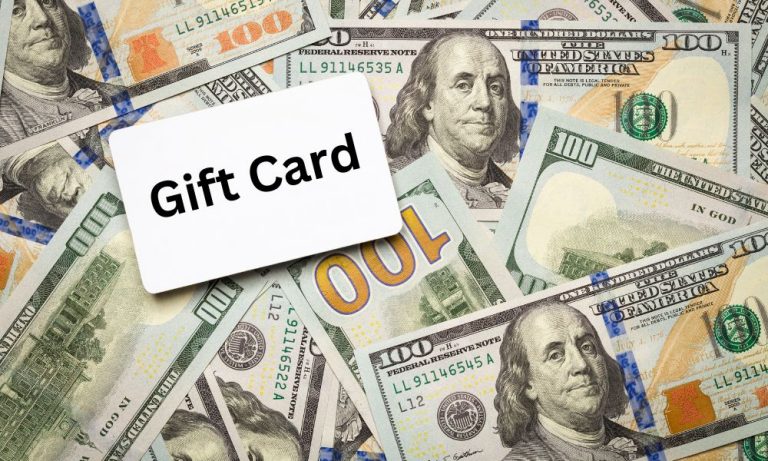The cost of living is constantly changing. For the most part, it only ever really changes in one direction, and that is upwards. The problem is that for the majority of people, their incomes remain fairly static, so in real terms, it means that you have less money, if any, left over, regarding what is referred to as disposable income.
What it all boils down to is the fact that in order to maintain the status-quo, you need to be “street savvy” when it comes down to managing your expenditure.

Stopping smoking is one of the biggest potential savings
If you do smoke tobacco, this is probably the single most significant area where you could save money. Not only will this be good for your wallet, but it will be good for your health too.
Cigarettes can be ruinously expensive, and most regular smokers smoke anywhere from 20 to 60 ciggies per day. At an average cost of 30 Rand per pack, that’s a weekly expenditure of somewhere around 210 Rand to 620 Rand per week. Imagine what a difference this could make to how much disposable income you have left over.
Okay, admittedly it’s not going to be that easy, but the advantages are huge.
Cutting down your alcohol consumption
The next biggest thing that can impact on your disposable income is alcohol. Like cigarettes, lowering how much alcohol you consume, or cutting it out altogether, can make a mammoth difference not only to your weekly outgoings but your health and well-being too.
Social drinking can easily creep up on you, to the point where you drink more than you should, whether its wine, beer, or spirits. Binge drinking with young people is becoming an ever-increasing problem, so if you can abstain, or at least cut-down, you will do everyone (including yourself and the health care system) a lot of good.
Stopping smoking and drinking, or at least cutting down, can be very tough for some people. Although both things are what you could aspire to, there are other areas where a little prudence can go a long, long way.
Changing your mindset regarding branded products
The one thing you need to bear in mind when looking to make savings, say in your weekly grocery shop, is that although any one individual saving may not amount to much; when you add them all together, it can total a substantial sum. The key is to be diverse and make little wins everywhere you can to create a real impact on the bigger picture of your budget.
Branded products are always more expensive; particularly when the brands are market leaders. You’ll probably be surprised at just how much you could save if you swap branded foodstuffs for supermarket own makes; whether its breakfast cereal, yoghurt, or frozen products. If you change your mind-set in this way, you can substantially lower your weekly shopping bill.
Are you getting the best deal on utilities?
Utilities (gas, electricity, etc.) are another area where there are substantial savings to be made. Even little things like only boiling as much water at a time as you need. Don’t boil a whole kettle-full of water if you’re only making one or two cups of tea. Switch appliances completely off instead of letting them sit there in stand-by mode. both just little things, but again, they all add up, and there are many more such economies that are simple to make.
If you really want to save money, there are many ways of doing so. All you need is the incentive and the determination.


















